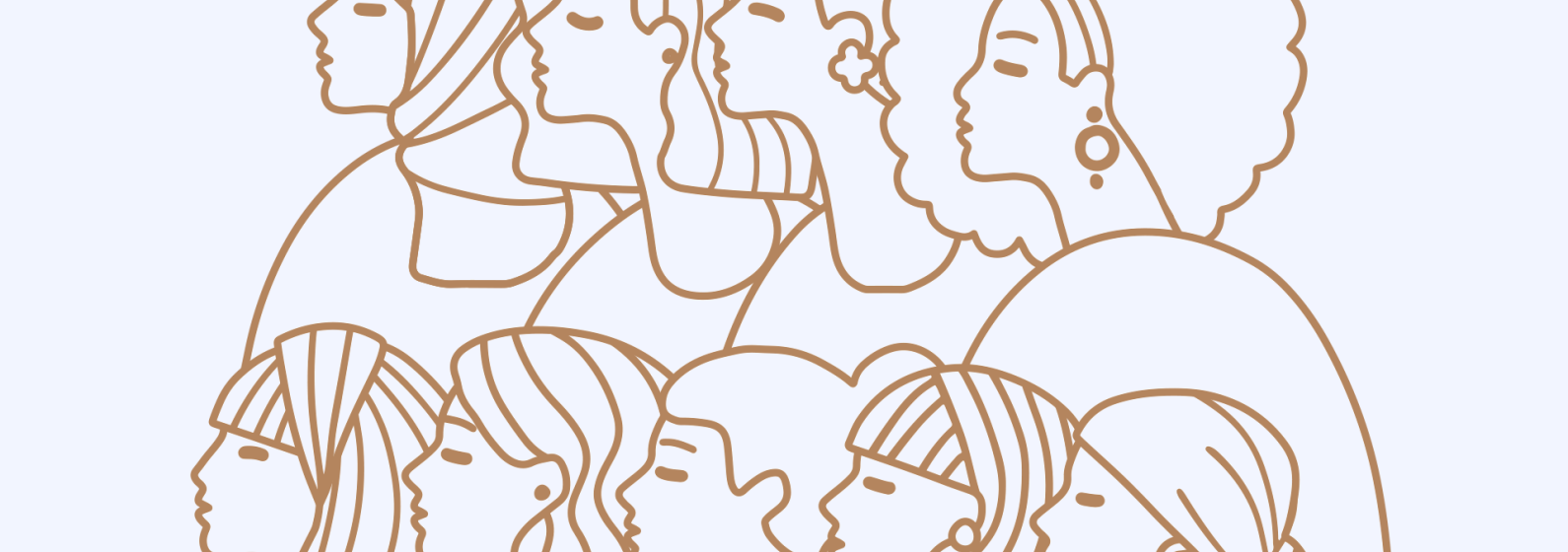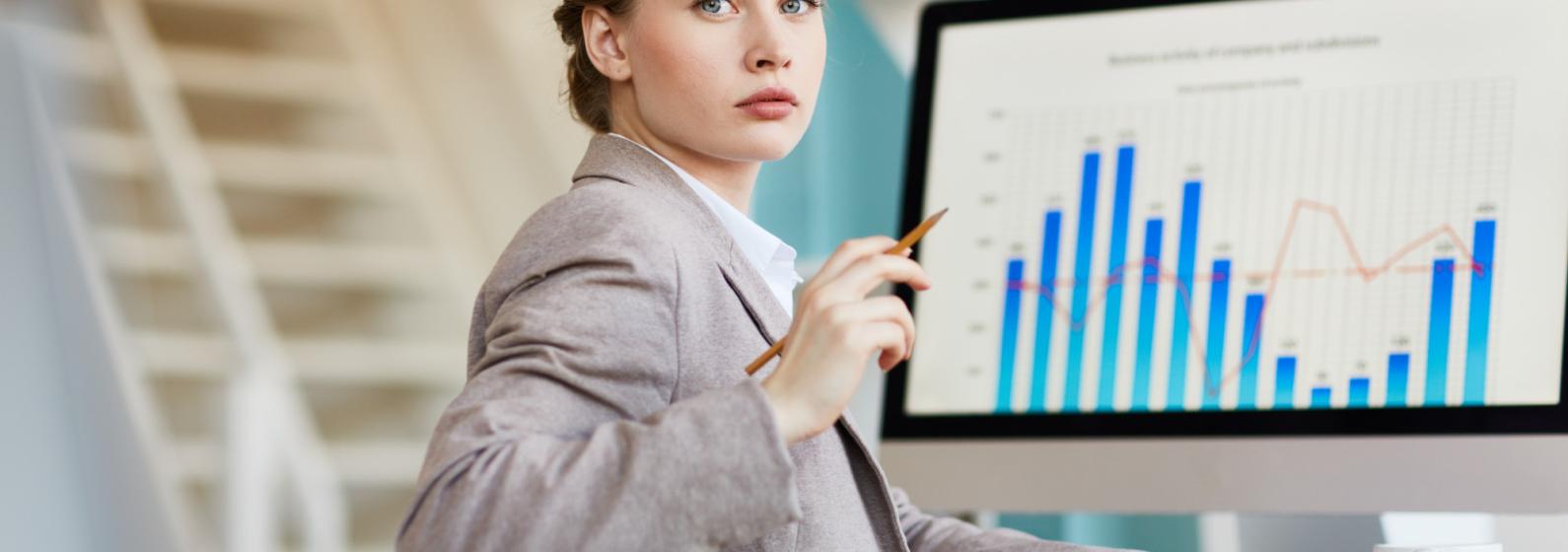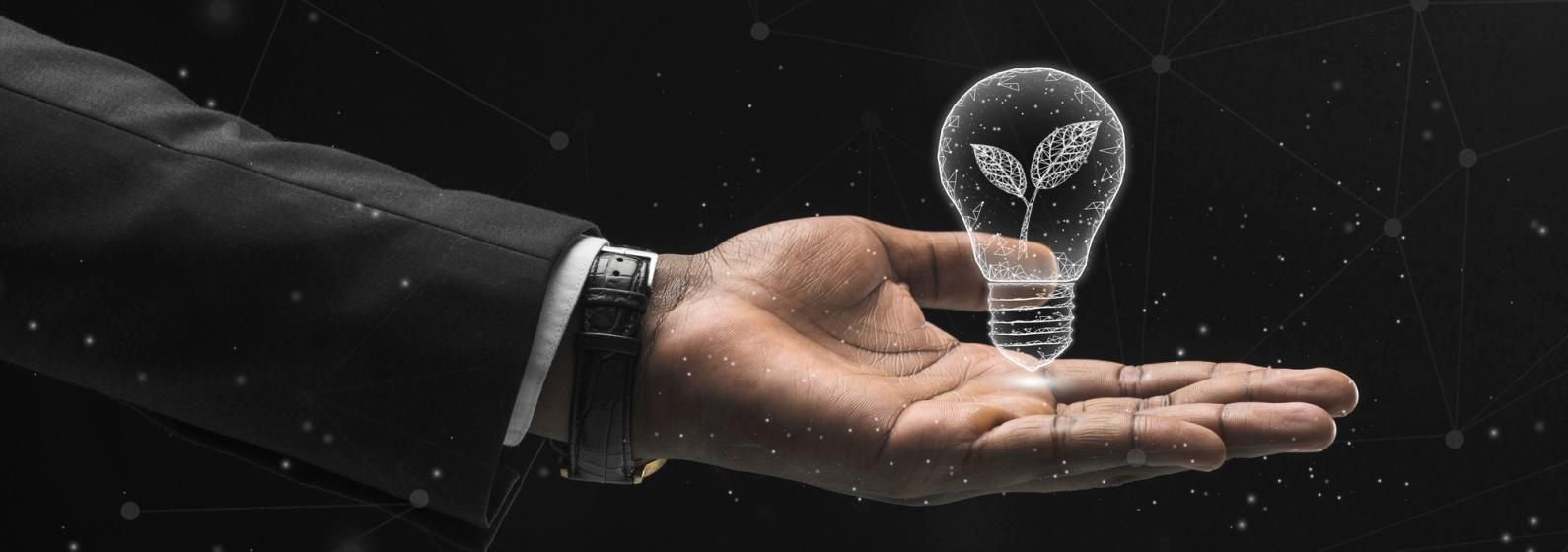The time of the pandemic gives rise to a question about what will stay for good. Surely enough, COVID-19 has accelerated all sorts of processes of digital transformation in both social and economic aspects. Remote work will be a modern day standard – to a different degree. We’ll also transfer a part of our consumer activity to the online domain for good, we’ll travel and spend our free time in different ways, which will significantly affect many branches of the economy, commerce, or the sectors of education and culture.
There are huge repercussions awaiting us in the area of international collaboration and mobility – the ability to work remotely in multicultural teams will be crucial – a sort of digital internationalisation; we’ll definitely travel much less often, which will have a long-lasting impact on tourism or transport.
A common denominator of the progressing changes is the necessity to improve one’s digital competence – it may not be the most romantic idea, but it is the only way to be able to function in society and take advantage of many goods and services. The differences and the disparity between digital illiterates, the digital precariat, and digital elites – who will not only become more proficient in their daily functioning thanks to technology but also create the digital world – will only grow. The fruit borne in this digital world will be consumed by others, who will pay for it either in cash, in time, or in dirt-cheap labour.
Personally, I see the greatest threat in the fact that the digital world, from the point of view of humans, will have an even bigger impact on the increasingly common and – thanks to modern technology – easily developed control obsession, manifested in the ever-intensified optimisation of our actions, increasing our effectiveness and performance by planning and monitoring each activity and second of our lives. A networked human is a human equipped with digital tools and competencies that can let them improve their living standards. A networked human is also a human tangled in this obsession of being in control of things, of optimising everything to the extent new technologies and the ever-present monitoring, measuring, and metering features allow.
We’re gaining momentum, doing many things at the same time. A linear world is becoming a luxury not many can afford, and the alternative in the form of logging out is becoming increasingly expensive – the transaction costs of absenting oneself from this networked world are getting higher. Are we about to see another revolution, one like the Prague Spring of 1968? A revolution aimed at social network systems or the broadly understood world of monitoring and controlling of individuals’ actions? The new normal in the covid and post-covid world provides, unfortunately, a range of weapons supporting the trend towards a more extensive control and monitoring – after all, it’s all for our own good, health, or just the ability to live the “new-normal” way.
The text is part of the publication "The New Normal. Reality in the times of the global Covid-19 pandemic. A commentary by the faculty of Kozminski University".







